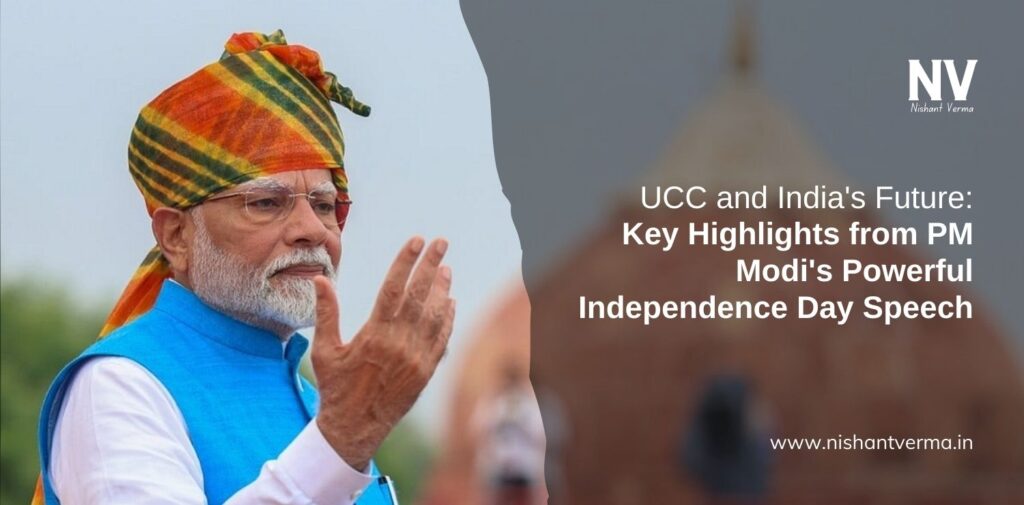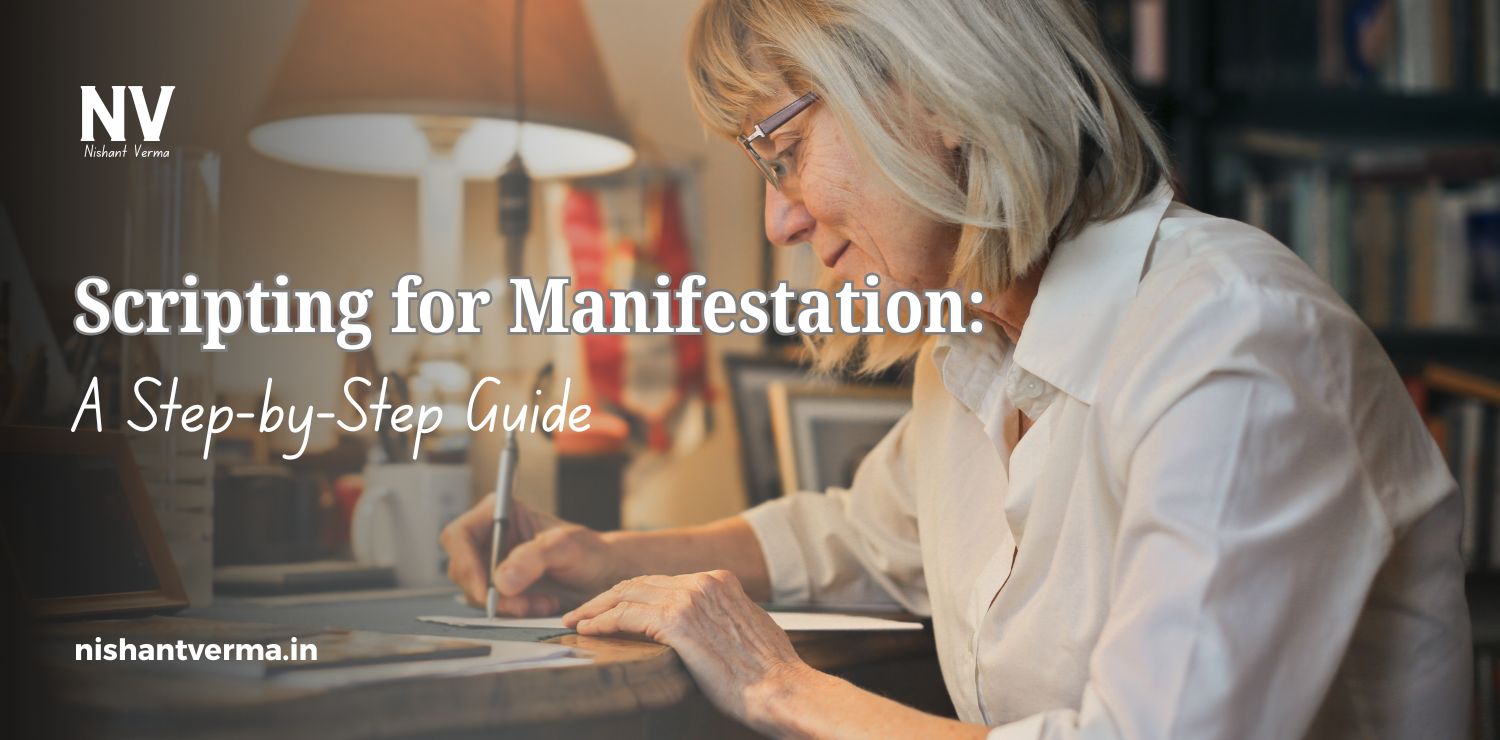On India’s 78th Independence Day, Prime Minister Narendra Modi’s speech reflected his commitment to bringing about significant change, with a focus on national unity, development, and reform. His address at the Red Fort emphasized not just his government’s achievements but also his vision for the future. Central to this vision are the principles of national unity through a Uniform Civil Code (UCC), economic prosperity, and social reform.
PM Modi’s call for a Uniform Civil Code has sparked both admiration and controversy. Yet, for him, this initiative is a logical step towards ensuring equality and justice for all Indian citizens, regardless of their religion, caste, or creed. It is a part of his broader effort to foster a more cohesive and secular India—one that upholds the constitution’s values while adapting to modern realities.
The Uniform Civil Code: A Step Towards Equality
PM Modi’s push for a Uniform Civil Code (UCC) stems from a simple yet profound principle: equality before the law. At present, India’s personal laws vary according to religion. This means that people are governed by different rules based on their faith, especially concerning marriage, divorce, inheritance, and adoption. These laws can often be unequal, particularly towards women and weaker sections of society.
Modi argues that a UCC will remove these disparities and ensure that all citizens are subject to the same set of laws, regardless of their religious affiliation. In his Independence Day speech, he emphasized the need for a secular civil code rather than a communal one. According to him, the current civil code is discriminatory, and the nation needs to adopt a more just and secular approach. This reform, he contends, is vital for national integration.
Critics, including the opposition, have claimed that Modi’s call for a UCC is a political move aimed at consolidating the Hindu vote base by marginalizing minority communities. However, Modi has consistently maintained that the UCC is not about religion but about justice and equality. He emphasized that discussions on this topic should be held openly, suggesting a consultative process where every viewpoint is considered before implementing such a reform.
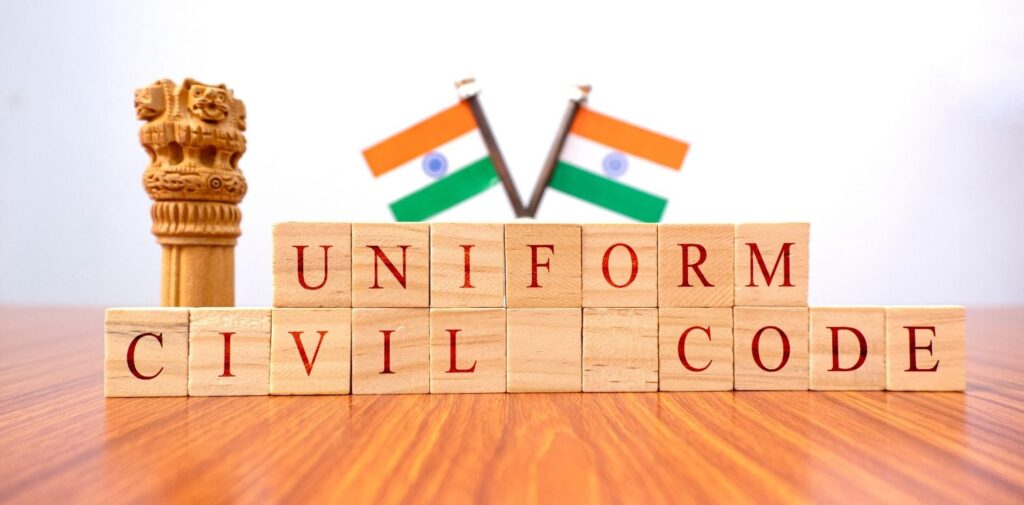
Economic Growth and Development: The Dream of “Viksit Bharat 2047”
In addition to social reform, PM Modi’s speech also focused on India’s economic growth. He set forth the ambitious goal of turning India into a developed nation by 2047—when the country will celebrate its 100th year of independence. This dream, termed “Viksit Bharat 2047“, reflects the aspirations of 140 crore (1.4 billion) Indians. Modi expressed confidence that India has the potential to become one of the world’s top three economies in the near future.
Modi praised initiatives like “Vocal for Local”, which encourages Indians to support domestic products and industries, thereby bolstering the country’s economy. He also highlighted the success of programs like “One District, One Product,” which aims to promote local artisans and manufacturers by identifying a unique product from each district that can be marketed nationally and internationally.
Moreover, Modi outlined his government’s efforts in reforming the banking sector and focusing on skill development among the youth. These reforms, he believes, are not just policies for the present but a blueprint for long-term sustainable growth. The PM stated that his government does not introduce reforms for temporary applause but with the sole intent of strengthening the nation. His guiding principle has always been “Nation First”, putting the country’s interests above political gains.
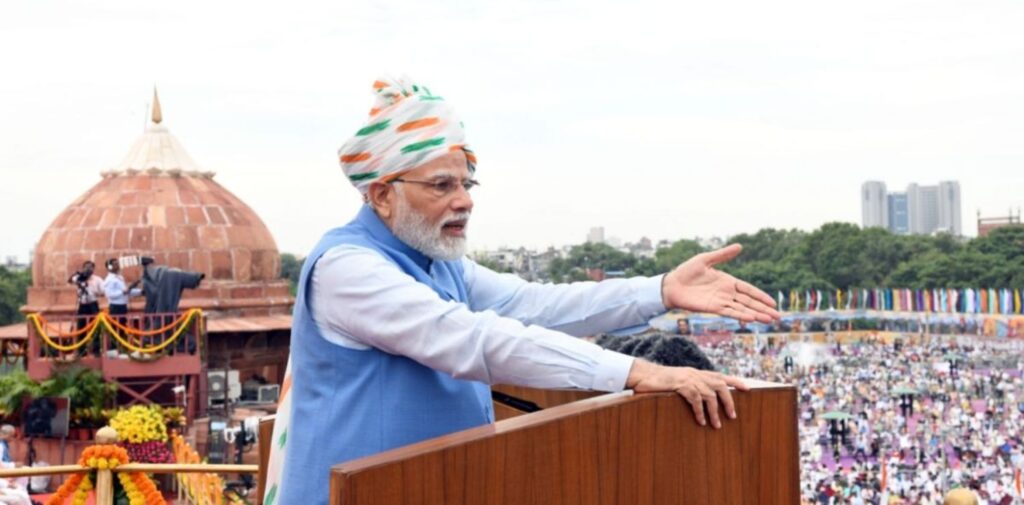
Reform and Responsibility: Nation First
PM Modi’s government has undertaken numerous reforms that are aimed at transforming India. He highlighted that his reforms are driven by the needs of the people, not by political expediency. These include landmark changes such as the abolition of Article 370, which granted special status to Jammu and Kashmir, and the construction of the Ram Temple in Ayodhya, fulfilling long-standing promises made by his party, the Bharatiya Janata Party (BJP).
Modi’s reforms are characterized by the mantra of “Reform, Perform, and Transform.” He believes that these changes will build a strong foundation for India’s future, ensuring that the country remains on a path of continuous development for the next thousand years.While his government’s achievements are numerous, Modi acknowledged that there is still much work to be done. He vowed to continue his fight against corruption, dynastic politics, and casteism, which he sees as major obstacles to India’s progress. These issues, he argued, have held back the nation for too long, and his government is committed to overcoming them.
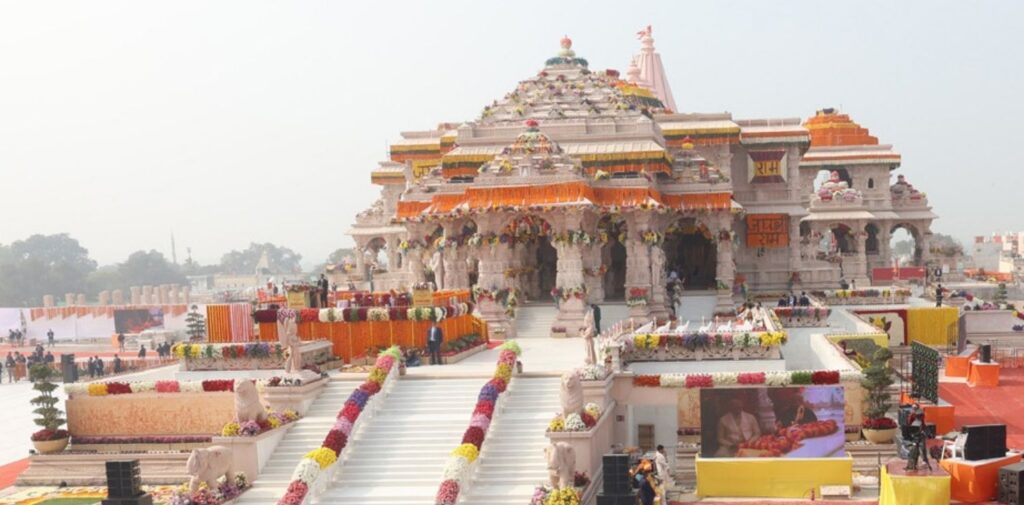
Opposition Criticism: Balancing Ideals and Practicality
As with any significant political move, Modi’s vision for a Uniform Civil Code and his broader reform agenda have drawn criticism. Opposition parties have accused him of pursuing a divisive agenda, particularly with regard to the UCC. The Congress party, for example, has called the push for a UCC an insult to Dr. B.R. Ambedkar, one of the principal architects of the Indian Constitution. They argue that such a code could disproportionately affect minority communities and the socially disadvantaged.
Furthermore, the Congress has taken issue with Modi’s handling of political opponents, accusing him of sidelining prominent leaders like Rahul Gandhi during national events. These criticisms reflect the ongoing political tensions in India, as parties jostle for influence ahead of the 2024 general elections.
Despite these criticisms, Modi remains steadfast in his belief that his policies are in the best interest of the nation. He continues to advocate for a consultative approach to the UCC and other reforms, seeking input from all political parties and stakeholders. For Modi, the goal is not to create division but to foster unity through fairness and equality.
One Nation, One Election: Streamlining Governance
Another major point in PM Modi’s Independence Day speech was his advocacy for “One Nation, One Election.” This policy would synchronize elections across the country, reducing the need for frequent voting cycles and allowing the government to focus more on governance than on electioneering. Modi argued that the current system of staggered elections across states and the national level creates disruptions and hampers progress. By holding all elections simultaneously, the government could ensure smoother and more efficient functioning.
The idea of “One Nation, One Election” is not new, but it remains a contentious issue in Indian politics. Supporters of the policy, including Modi, believe it would lead to greater political stability and reduce the cost of conducting elections. However, critics argue that it could undermine federalism by weakening the political autonomy of individual states. Like the UCC, this policy requires extensive discussion and consensus before it can be implemented.
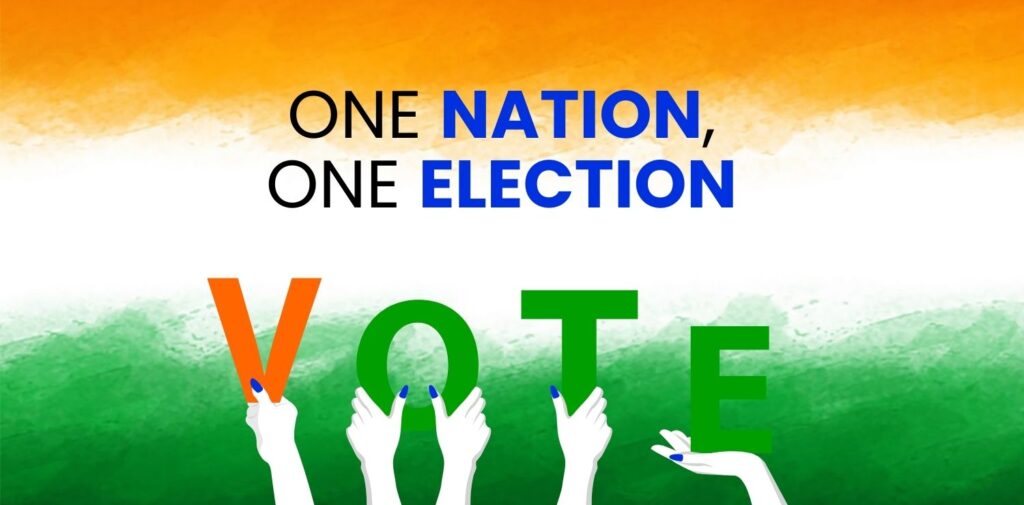
Conclusion: A Vision of Unity and Progress in Powerful Independence Day Speech
PM Narendra Modi’s 78th Independence Day speech was a powerful reflection of his vision for India. At its core was a call for unity—through the implementation of a Uniform Civil Code, the synchronization of elections, and the promotion of national development goals like “Viksit Bharat 2047.” Modi’s commitment to reform is driven by a deep sense of responsibility to the nation and its future. He believes that India can only achieve greatness if it upholds the principles of justice, equality, and secularism while fostering economic growth and social progress.
Modi’s message is clear: the road ahead may be challenging, but with the right reforms and a united citizenry, India can realize its full potential. His appeal to all political parties and citizens is to join hands in building a stronger, more prosperous, and more equitable India—an India that stands as a beacon of hope and progress on the world stage.

